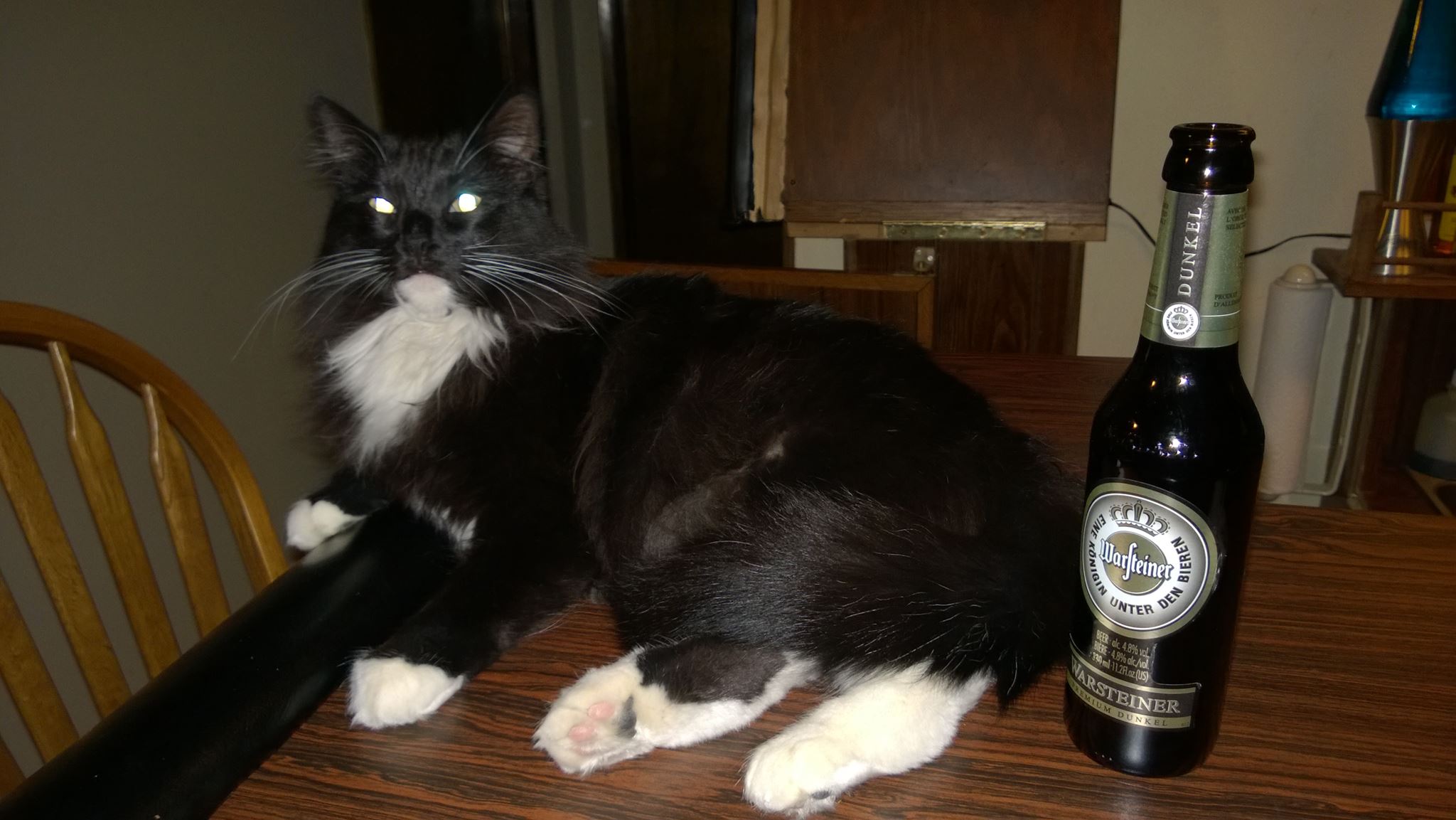
Naturally Cat
Anyone who knows me knows that I am a cat person. I grew up with cats, dogs, horses, chickens, cows. While I love all animals, cats are my animal companion of choice. They’re relatively low maintenance, and they’re great at keeping you company. My husband and I have had as many as five cats in our household at once.
A few years back, after the last two of our cats (both 17 years old) passed away, we went to the local no-kill cat rescue to adopt two adult cats. As I sat there playing with the cats
Well… duh. They’re cats.
Colorado is one of the states to have recently banned the declawing of cats. Declawing is a horrible, disfiguring practice. It can change a cat’s entire personality and can cause behavioral issues like defecating outside the litter box. So the fact that declawing is now banned (at least in my state) is a blessing for cats everywhere. It’s not such a blessing for would-be pet owners who won’t tolerated cats who scratch.
I think it’s important for people, before choosing to get a pet, to do their research. Living with animals requires a certain tolerance for messes, inconveniences, and some moderate destruction of personal property. In the case of cats, getting claw marks in furniture, on soft woods, having to vacuum more due to scattered litter and hair fluff, having to wash the carpet more (due to hacked up hairballs), and occassionally dealing with scratching on surfaces that should not be scratched is all part of the package.
Not all cats will use the 5 scratching posts you’ve provided for them. Some cats are tempermental and will poop outside the box if it’s not clean enough – or you’ve pissed them off. Some cats get sick and will urinate outside the box because there is an underlying medical issue you may not know about. That’s the nature of having cats.
When we adopted two of the cats we have now, we knew going in that they could have health or behavioral issues we didn’t know about. One of our fur babies, as it turned out, has severe food allergies that lead to asthma attacks if left untreated. It’s been a struggle dealing with a sick cat who needs daily medication and care (especially when she’s not feeling like being caught). The other, unbeknownst to us, was practically feral and is very moody. She chooses where she defecates based on mood.
Our third cat was one we adopted who had been a lone office cat. His struggle is that he doesn’t know how to use a scratching post, and he had never been around other cats – so he’s kind of a dick.
But we have adapted and got by. My house sometimes smells like cat shit or pee when you walk in because I have to keep one of the cat boxes in my living room for the one who is practically feral because it’s the only one she’ll use.
These are things those who choose cats as animal companions should expect. Certainly not all cats will have these issues. I was lucky for years and had four cats who always used their litter boxes and never scratched beyond their scratching posts. One used to destroy paper. As they got older and geriatric, there would be the occassional mess on the carpet. Hocked up hairballs are nothing new. But even then, I knew what to expect going in.
I’ve seen cats given up for adoption or abandoned when people move for far less. For simply being cats. So please, before opening your home up to any animal companion – be sure to understand the nature of the animal you’re adopting and make sure none of the possible behaviors is a deal breaker for you. Make sure your kids aren’t allergic first. Make sure you’re willing to accept hacked up hairballs. Make sure no surface in your house is so precious that you’d panic or fly into a rage if there was a mark on it. Make sure you don’t mind vacuuming or cleaning floors often. Make sure you are willing to clean litter boxes on a regular basis.
No animal should be abandoned at a shelter just because the person who brought them into their family didn’t realize that cats scratch and hack up hairballs, or that dogs need a lot of attention, and teething puppies sometimes chew on things or make messes in the house. Or that ferrets love to tear up furniture and hide fruit under things where it’s left to rot and stink. I could go on.
So that’s my public service post for the year. Do your research before you adopt and I hope you and your animal companions have long, happy lives together.




